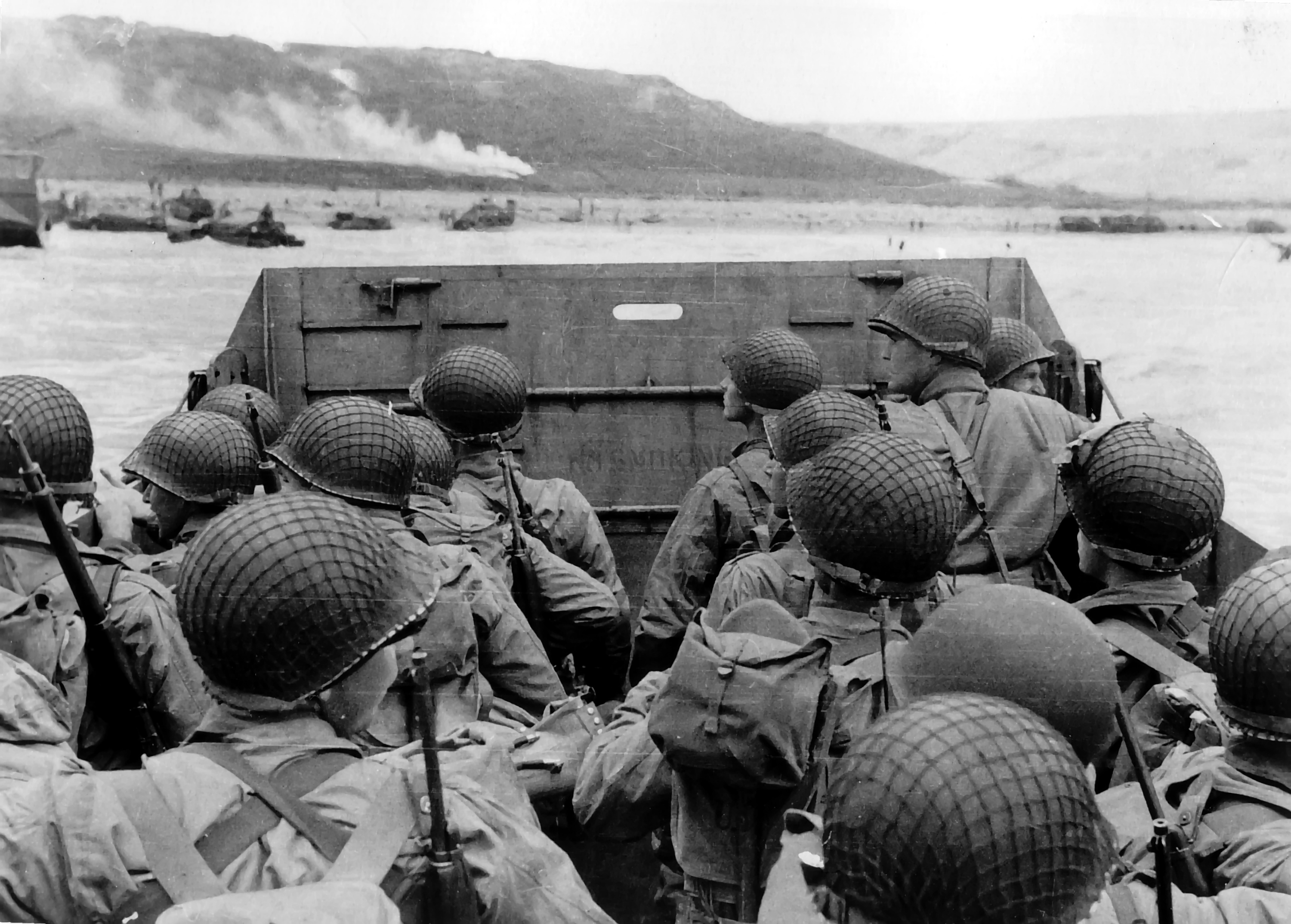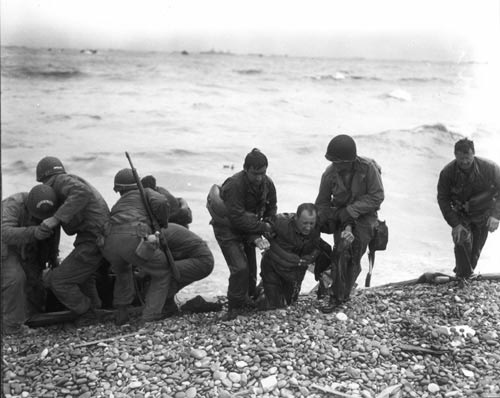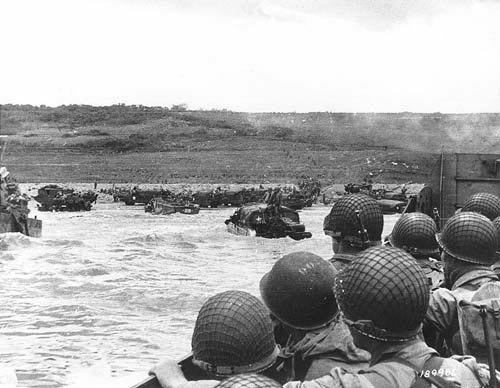Almost a full generation spans between today and D-Day. Where would Europe be without the fateful event that shaped its history?
73 years ago, the beaches of Normandy took names like Utah and Omaha. The North American toponyms meant not only that American troops were marching on a foreign soil they wanted to make as familiar and forgiving as possible, but they also carried with them a geopolitical gift with incredible implications.
The United States made a firm commitment not only to fight against totalitarianism and toxic doctrines throughout the world but also to step in and settle the childish disputes of the Old Continent for the last time. The War was the equivalent of today’s terrorism – almost impossible to contain, and threatening to engulf the entire world in a wave of unneeded violence. Fighting fire with fire was the only option.
History is cyclical and ironic at the same time. The former colonies sent back their own pilgrims to teach Europe a lesson on peace and responsibility for the future. Their act came at a moment of weakness when Europe gave up its unofficial Monroe Doctrine and pleaded for an additional player that would balance power.

From the comfort of their current peace and prosperity, Europeans tend to overlook the importance of D-Day. Some go as far as saying that history would have flown down the same riverbed and that the signs of collapsing Nazi power were already visible by that time. Others go as far as accusing the Americans that they polarized the continent and attracted a similar level of Soviet involvement on its Eastern flank. Nevertheless, it is easy to picture a post-WWII Europe where the Iron Curtain falls further to the west, and the vacuum of power enables more countries to “adopt” Communism.

The European Union received its first draft on June 6th, 1944, somewhere on a beach in Normandy. In the few moments in between the fighting, a soldier probably took a stick and drew upon the blood-covered sands a sketch of the continent, explaining to its fellow mates the long march from Normandy all the way to Berlin. Crude in its representation, the contour unconsciously delivered a powerful message – the only viable alternative Europeans have is to leave beside all their differences and unite.
Decades into the future, one can safely say Europe learned from the errors of the past, that the sacrifice made on D-Day and the days that followed were not in vain. Physical boundaries gradually lost their thickness and Europeans learned to sit at a round table and discuss sensitive issues without holding one hand on the holster. For someone born into this era of peace, the horrors of WW2 seem like fiction. How could developed nations come so close to wiping each other by engaging in total destruction?

It is impossible to remember D-Day without a short recap of the most recent political developments. Trump declared Europe’s ‘coming of age’ as completed. While his stance on NATO might be a bit too harsh, the truth it holds is undeniable. Is Europe ready to let go the hand it held so tightly since 1944 and assume its position in this changing world?
D-Day should be remembered! Amnesia leads only to repeating the errors of the past. Contemplating the scars is needed, along with reading the stories of the unknown American heroes who perished on the beaches far away from their families and loved ones, carrying the message of freedom.




